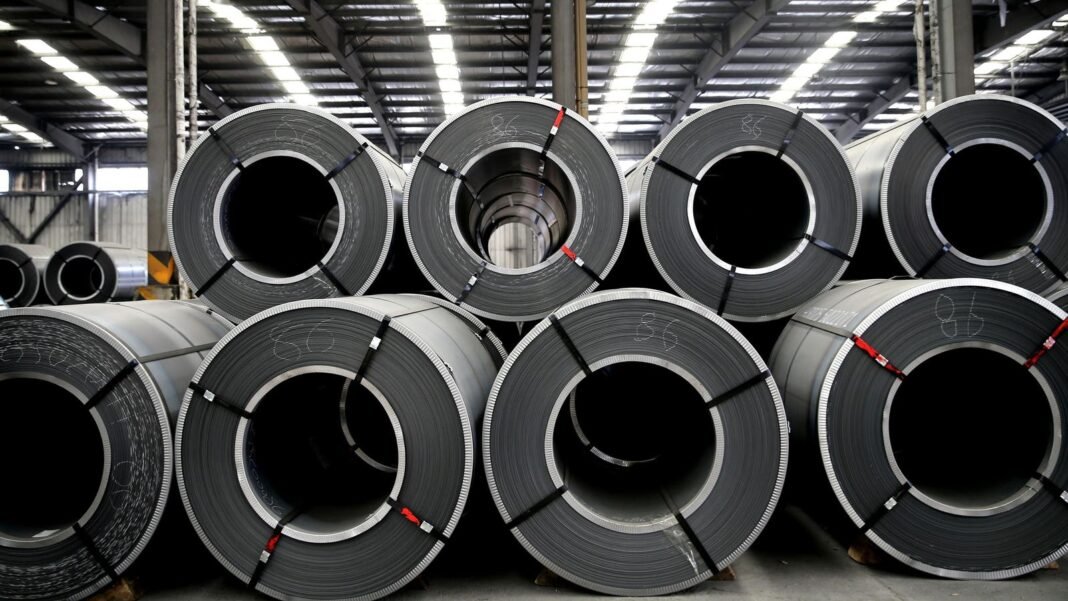U.S. Doubles Steel and Aluminum Tariffs to 50%
On Wednesday,the United States significantly raised tariffs on imported steel and aluminum from 25% to a significant 50%. This move follows President Donald Trump’s recent proclamation, highlighting the intent to strengthen the domestic metal manufacturing sector against foreign competition.
Motivations Behind the Tariff Hike
The government justified this tariff increase as a necessary measure addressing international trade practices viewed as threats to national security. Officials pointed out that foreign governments have been subsidizing thier steel and aluminum industries, flooding the U.S. market with inexpensive imports that undermine American producers.
While most countries are now subject to the elevated 50% tariff, imports of steel from the United Kingdom remain at a reduced rate of 25% until at least July 9. This temporary exemption depends on ongoing negotiations concerning the U.S.-U.K. Economic Prosperity Deal.
Moreover, authorities have stepped up scrutiny over import declarations by requiring complete disclosures about metal content and enforcing strict penalties-including fines or suspension of import rights-for those who submit false information.
President Trump’s Viewpoint on Expanding Tariffs
After announcing these changes, President Trump conveyed optimism about revitalizing America’s steel and aluminum industries via his social media platform Truth Social. He portrayed this policy adjustment as a notable win for workers involved in these sectors across the country.
International Reactions: Rising Diplomatic Strains
The European Union strongly criticized washington’s decision. Olaf Gill, spokesperson for EU trade affairs, expressed concern that doubling tariffs intensifies global economic uncertainty while increasing costs for both consumers and businesses worldwide. EU officials scheduled urgent talks with U.S. representatives; if no agreement is reached promptly, retaliatory tariffs could be implemented starting July 14 or earlier.
Canada-America’s largest supplier of both metals-also denounced this action as “unlawful and unjustified.” Canadian officials confirmed ongoing discussions aimed at eliminating these tariffs within a broader framework focused on economic collaboration and mutual security between both nations.
Diverse Industry Perspectives Across North America
The American Iron and Steel Institute praised higher duties as vital protection against surges in foreign imports threatening domestic manufacturers’ survival. In contrast, organizations like the Canadian Manufacturers & Exporters warned that increased tariffs would drive up prices on canned goods affecting millions of households relying on affordable food products sourced from U.S.-based farmers and producers.
The Aluminum Association of Canada cautioned that such steep tariff hikes jeopardize supply chain stability throughout North America while disrupting key sectors including defense manufacturing, construction projects, and automotive production-impacting workers across borders significantly.
Economic Impact Amid Global Market Volatility
This escalation in tariffs comes amid intense debates over how best to balance protecting national industries with maintaining cooperative global trade relations during turbulent market conditions shaped by recent geopolitical tensions such as pandemic-related supply chain disruptions or regional conflicts affecting raw material availability worldwide.





